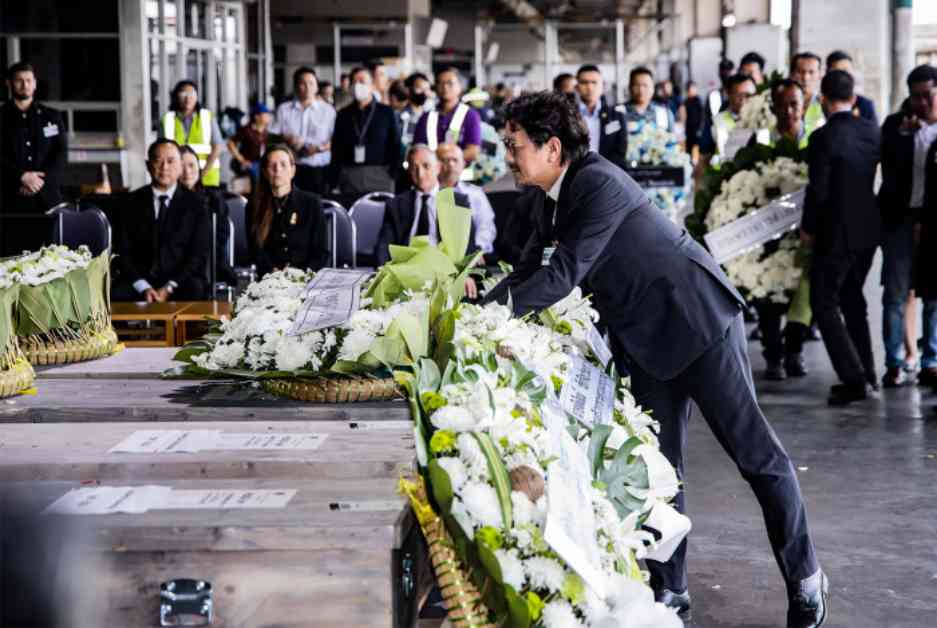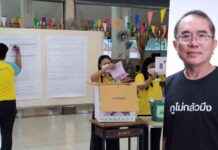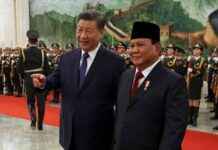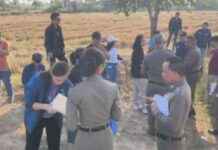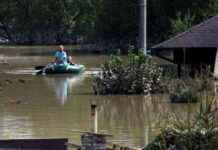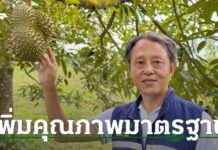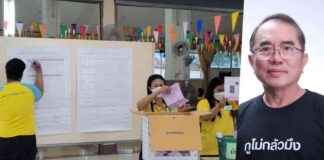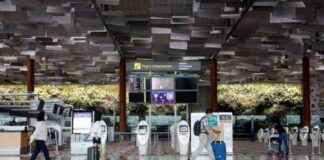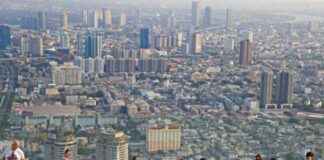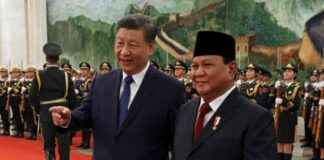The bodies of four Thai workers who tragically lost their lives due to Hezbollah rocket fire in northern Israel on October 31 have been repatriated to Thailand. The coffins arrived at Suvarnabhumi airport on Friday afternoon and were then transported to their respective home provinces for funeral services, as confirmed by Nikorndej Balankura, spokesperson for the Ministry of Foreign Affairs.
The Thai ambassador to Israel, Pannibha Chandraramya, along with embassy officials and representatives of the Thai workers, held a ceremony at Ben Gurion airport in Tel Aviv prior to the repatriation flight. Israeli representatives were also present at the ceremony to pay their respects.
The four agricultural workers, namely Akkhaphol Wannasai, Prayad Pilasram, Thana Tichantuek, and Kaweesak Papanang, lost their lives to rocket fire from Hezbollah militants near Metula, a town located on the border between Israel and Lebanon.
In response to the tragic incident, the Thai government issued a letter of protest to Israel on November 3, urging them not to send Thai workers to high-risk areas in the future. There are concerns regarding the safety and well-being of Thai workers in conflict zones, and the government is taking steps to prevent such incidents from reoccurring.
Mr. Nikorndej emphasized the importance of ensuring the safety of Thai workers abroad and urged Israeli authorities to take measures to protect them. Thai workers who find themselves in dangerous situations are encouraged to report any issues to the Royal Thai Embassy in Tel Aviv and the Department of Consular Affairs of Thailand for assistance.
The repatriation of the bodies of the four Thai workers serves as a solemn reminder of the risks faced by individuals working in conflict zones around the world. It highlights the need for greater cooperation between countries to safeguard the rights and well-being of migrant workers and prevent similar tragedies from happening in the future. The Thai government continues to work towards ensuring the safety of its citizens working overseas and seeks assurances from host countries to protect them from harm.
